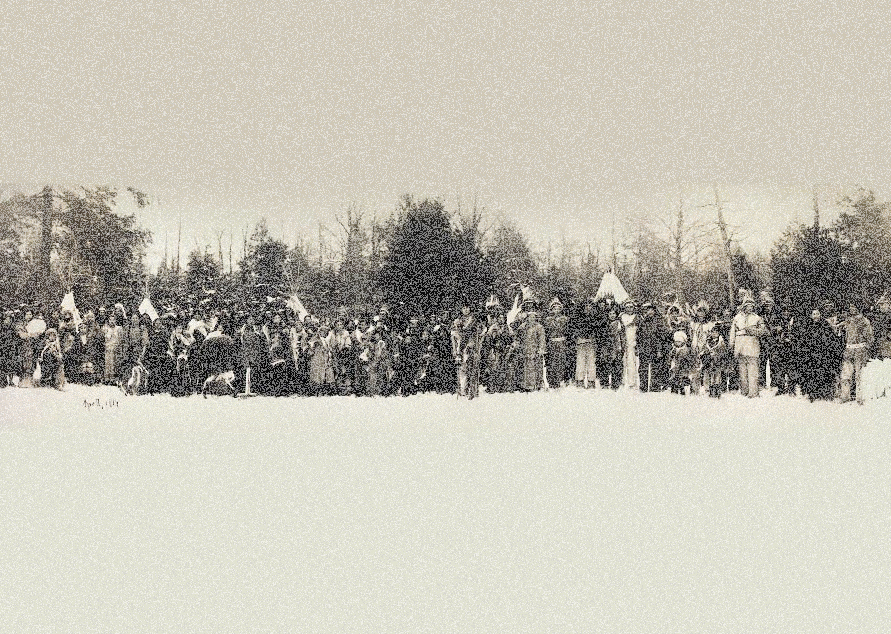AltArt Foundation: E-Tribal Art (2009)
Filed under catalogue | Tags: · art, e-tribes, global village, media

The project brings together 12 international artists to test new ways of reaching electronic tribes with their work.
Editors: Alina Suatean, Corina Bucea
Curators: István Szakáts, Thomas Dumke
Project manager: Rarita Zbranca
Project by AltArt Foundation, Cluj, and British Council
Partners: c6.org, European Alternatives, GMT+2 Foundation, InterSpace
Funded by Romanian Cultural Institute through Cantemir Programme.
tripleC journal: Capitalist Crisis, Communication & Culture, Vol 8, No 2 (2010)
Filed under journal | Tags: · capitalism, communication, financial crisis, information society, information technology, media
The worldwide economic downturn is indicative for a new large crisis of capitalism. The future of capitalism is in this situation not determined, but depends on collective human agency. This introduction to the special issue of tripleC on “Capitalist Crisis, Communication & Culture” presents general arguments about the crisis, a general model of the political economy of capitalist communication, and a systematic typology of literature about capitalist crisis & communication. The introduced model of the political economy of capitalist communication is comprised of seven interconnected moments: 1) the media content industry, 2) the media infrastructure industry, 3) the interaction of the media economy and the non-media economy, 4) the interaction of the finance sector and the media economy, 5) alternative media, 6) media reception, 7) media prosumption. The model is used for classifying actual and potential research about the communicative dimension of the new capitalist crisis.
tripleC (cognition, communication, co-operation): Open Access Journal for a Global Sustainable Information
Society 8 (2): 193-309.
Editors: Fuchs, Christian, Matthias Schafranek, David Hakken and Marcus Breen.
Special issue on “Capitalist crisis, communication & culture“.
tripleC is a peer-reviewed, open-access journal (ISSN: 1726-670X)
All journal content, except where otherwise noted, is licensed under the Creative Commons Attribution-NonCommercial-NoDerivs 3.0 Austria License.
Régis Debray: Media Manifestos: On the Technological Transmission of Cultural Forms (1994/1996)
Filed under book | Tags: · marxism, media, media studies, mediasphere, mediation, mediology, semiology, technology, theory

Media Manifestos sums up over a decade of Régis Debray’s research and writing on the evolution of systems of communication. Debray announces the battle-readiness of a new sub-discipline of the sciences humaines: “mediology.” Scion of that semiology of the sixties linked with the names of Roland Barthes and Umberto Eco — and trans-Atlantically affiliated to the semiotics of C.S. Peirce and the media analyses of Marshall McLuhan (“medium is message”) — “mediology” is yet in (dialectical) revolt against its parent thought-system. Determined not to lapse back into the empiricism and psychologism with which semiology broke, mediology is just as resolved to dispel the illusion of the signifier, slough off the scolasticism of the code, and recover the world — in all its mediatized materiality.
Written with Debray’s customary brio, Media Manifestos is no mere contribution to “media studies.” Steeped in the intellectual ethos of Althusser and Foucault, informed by the historical work of the Annales school, and yet plugged in to today’s audiovisual culture, Debray’s book turns a neologism (“mediology”) into a tool-kit with which to rethink the whole business of mediation.
First published as Manifestes médiologiques, Gallimard, 1994.
Translated by Eric Rauth
Publisher Verso, 1996
ISBN 1859840876, 9781859840870
179 pages
Review (Imre Szeman, Cultural Logic, 1998)
Review (John Conomos, RealTime, 1997)
PDF (updated on 2012-11-19)
Comment (0)
